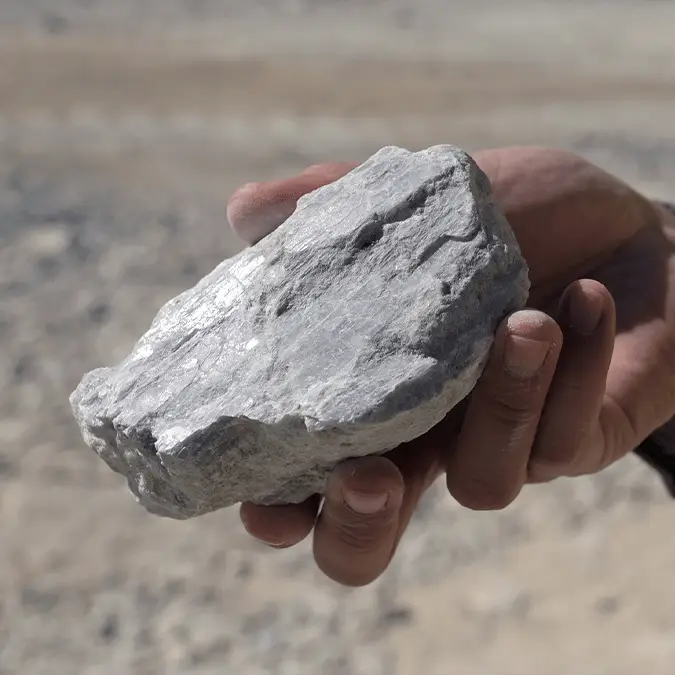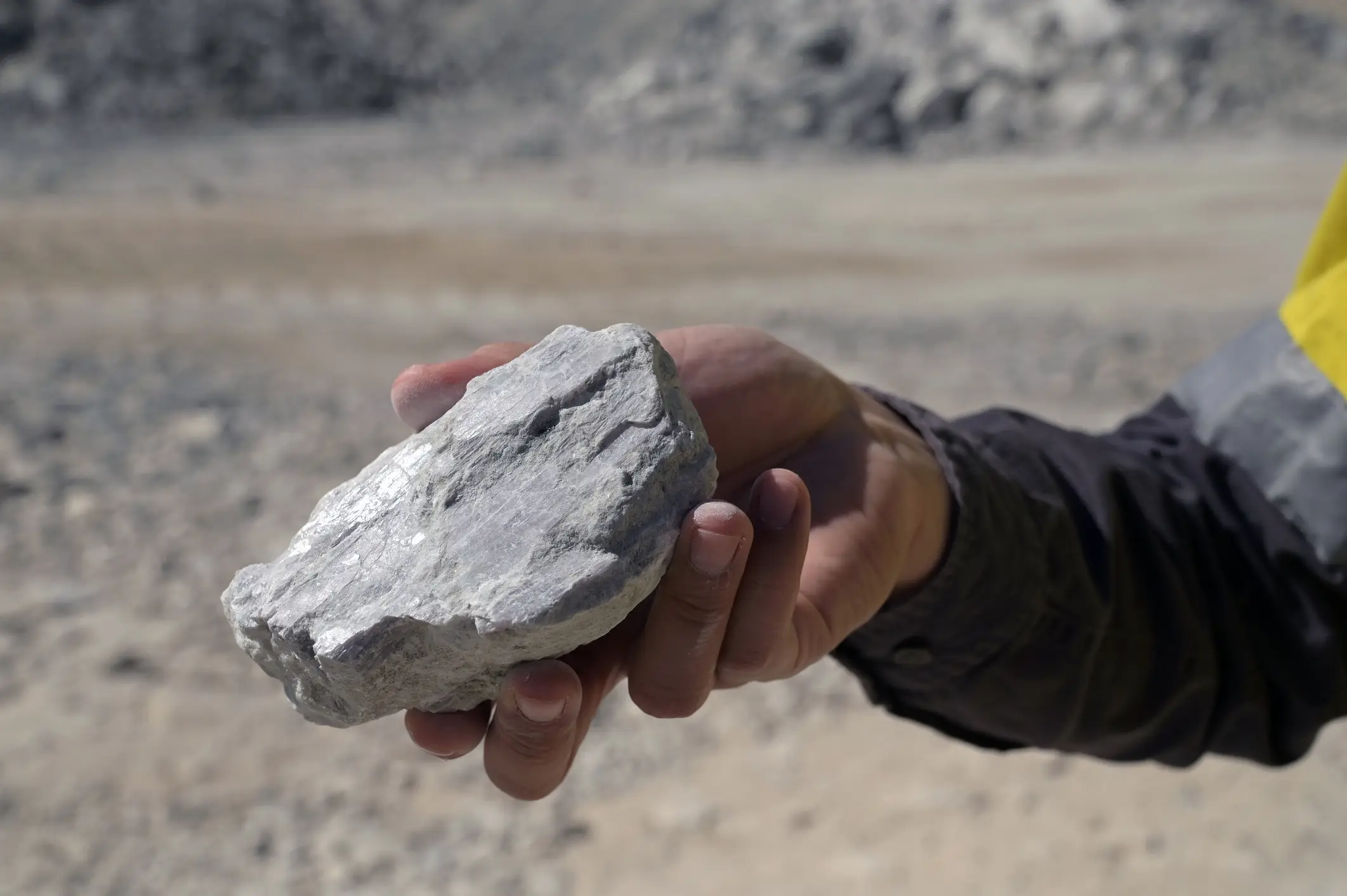


A $1.5 trillion lithium deposit has been uncovered in Oregon.
The team of scientists made the discovery in a volcanic hotspot along the Oregon-Nevada border and it could be one of the largest lithium deposits ever identified in the United States. Uncovered back in 2023, the treasure trove has just recently been valued at a whopping $1.5 trillion, and it could prove totally revolutionary for America's electric vehicle industry. Although this is brilliant news for the industry, the local community have voice concerns over the discovery.
Lithium is an essential component in electric vehicle (EV) batteries, making it one of the most sought-after minerals globally.
With EV production and a drive for clean energy on the rise, the US is eager to reduce its reliance on foreign lithium especially as global conflict threatens key resource supply lines. According to a 2023 study published in Minerals, the McDermitt Caldera could hold between 20 and 40 million metric tonnes of lithium. Expert analysts state that if efficient extraction methods prove efficient, the US could position itself as a leading global supplier of the valuable metal. In other words, if all goes well, a discovery like this could revolutionise the future of the US battery industry.

With the surrounding environment already under immense strain, environmental groups fear the potential ecological impacts of lithium mining. The McDermitt Caldera is home to fragile desert ecosystems, including habitats for the sage-grouse and pronghorn antelope that are already shrinking.
Advert
As the proposed mining plans for lithium extraction include building roads and drilling wells to assess the deposit, the Sierra Club warn the process could irreparably damage local wildlife and disrupt natural landscapes.
Meanwhile, the surrounding area of the McDermitt Calder is a rich cultural heritage area for several Indigenous tribes.
Tribal leaders are calling for the US government to halt mining plans to protect sacred lands and ceremonial sites that have been integral to tribes' cultural identity for generations.
"We need to ensure that Indigenous voices are part of these discussions," a tribal leader claimed.

Unlike lithium-rich salt brine deposits in South America, the McDermitt Caldera’s lithium is trapped in claystone.
This means intricate extraction techniques like acid leaching are required to safely and adequately extract the lithium.
"This feature is 16 million years old, and we're making decisions in a matter of years," said Sammy Castonguay, a geologist at Treasure Valley Community College, adding that careful and timely planning is essential.
As the Oregon mining proposals progress, investors remain optimistic about the ongoing demand for lithium.
However, the opposition from local communities is strong as they're arguing not to be left with lasting environmental impacts once the hype fades.